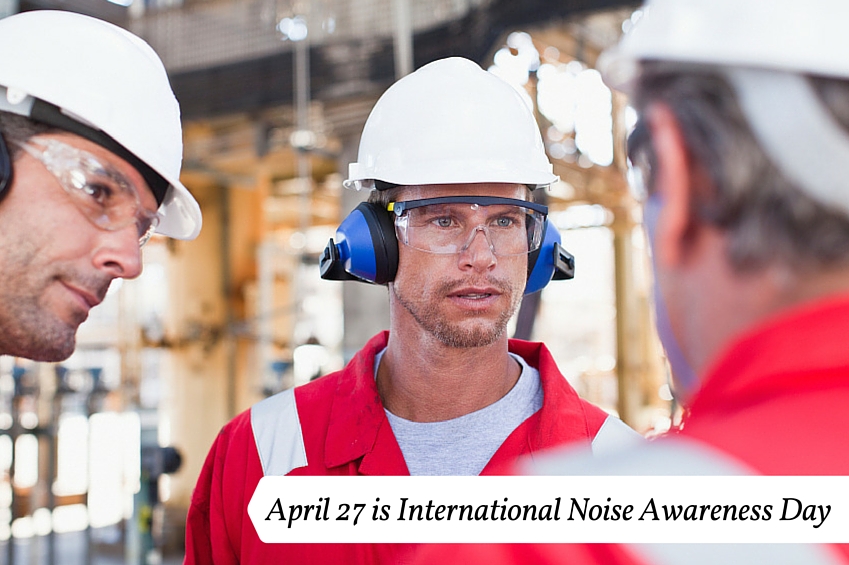What do you do for a living? Have you ever thought about how it might be affecting your hearing?
Each year, around 30 million people in the United States are occupationally exposed to hazardous noise, according to the U.S. Department of Labor’s Occupational Safety & Health Administration (OSHA). Noise-related hearing loss has been listed as one of the most prevalent occupational health concerns in the country for more than 25 years.
Because exposure to high levels of noise can cause permanent hearing loss, and in conjunction with April 27 as International Noise Awareness Day, Carla Kurtz, an audiologist with St. Elizabeth Healthcare, wants to make sure you know what’s at risk when it comes to noise and hearing.
To start, people in certain occupations, such as truck driving and even dentistry (due to the high-pitched drilling), will be more affected by noise than others, Kurtz said. Other professions that are prone to hearing damage include construction, farming, manufacturing, and police and fire work.
“Anywhere there’s a loud noise over a long period of time could put you at risk for hearing loss,” Kurtz said.
Warnings signs that your workplace might be too noisy include noticing a ringing or humming in your ears when you leave work, having to shout to be heard by a co-worker who is only an arm’s length away, and experiencing temporary hearing loss when leaving work, according to OSHA.
OSHA works to ensure employees aren’t exposed to a certain level of decibels for too long. They come into workplaces with a sound-level meter and take measurements to see how loud the workplace is and how long the employees can be in a particular area, Kurtz said. OSHA mandates that employees in noisy workplaces wear ear protection.
And, most people who work in a loud environment are required to have their hearing checked once a year, she said: “Occupational audiologists visit their worksite in a mobile van and test their hearing. If necessary, employees will be retested by an audiologist and educated about how to wear ear protection.”
Because noise-induced hearing loss is permanent – “Over time, those folks are going to have trouble understanding speech, especially in the presence of background noise” – prevention is key, Kurtz said. “Always wear ear protection.”
For people who aren’t exposed to hazardous noise through their work, education is still vital, Kurtz said.
“For younger people, if a family member can hear your music and you’re wearing earbuds, it’s too loud,” she said. “If you’re cutting the grass or using power tools or at a shooting range, wear ear protection. Basically, if you think the noise around you is too loud, it probably is.”

